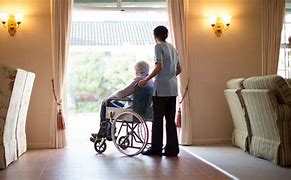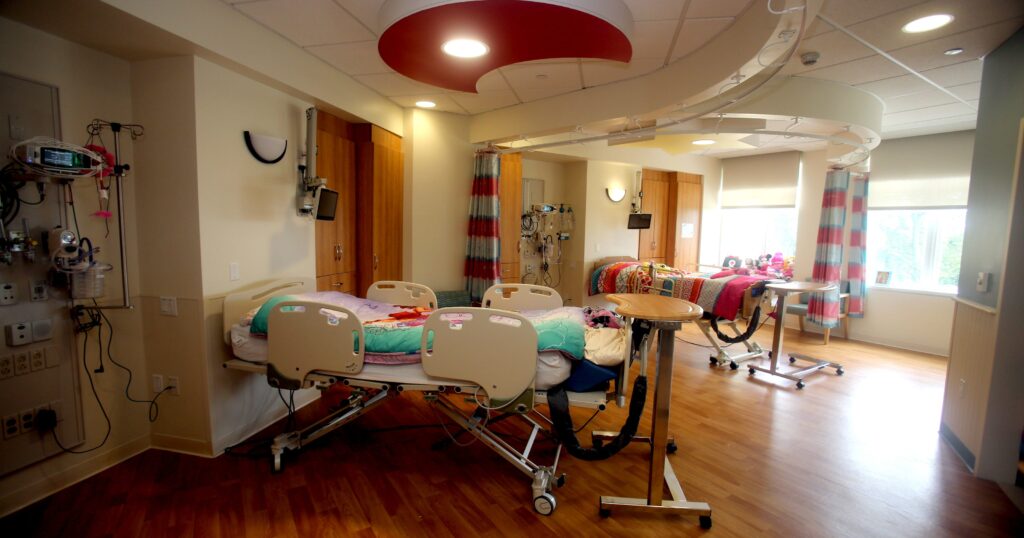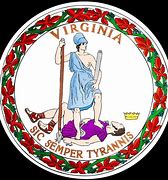by James C. Sherlock
Merriam Webster:
Pred*a*tor: (noun) one who injures or exploits others for personal gain or profit.
The most medically vulnerable of us reside in skilled nursing facilities (SNF).
Nobody plans to be there, but that is where about thirty thousand Virginians find themselves at any one time. People who are moved from hospitals to save money for the insurers but are too sick or injured to go home yet.
They are supposed to get the skilled nursing the name suggests. Many don’t.
Most are covered by Medicare. The rest by Medicaid or private insurance. It could be any one of us tomorrow.
These patients are at risk by design in some of these SNF’s. Put in danger by a perverted business model, a model that shows that returns can be juiced into double digits by stripping staff. The facilities can then be flipped in a couple of years at a profit based upon increased cash flows.
We will track their investments using government data. We will see a ritual, system-wide understaffing. We will also see that the government accumulated and publishes staffing data but there is no evidence they use it for anything.
There are nursing homes in Virginia, for example, that provide less than 30% of the registered nurse hours per patient per day that CMS assesses they require. Weekend statistics are worse. Nothing happens.
Today there are large systems not one of which is staffed to CMS norms.
There are real people who are harmed by those calculated violations. Exceptionally vulnerable people are regularly denied at least their dignity, often their health and sometimes their lives.
The owners injure and exploit patients for personal gain or profit.
They are predators. Continue reading





 by James C. Sherlock
by James C. Sherlock
 by James C. Sherlock
by James C. Sherlock by James C. Sherlock
by James C. Sherlock by James C. Sherlock
by James C. Sherlock by James C. Sherlock
by James C. Sherlock
